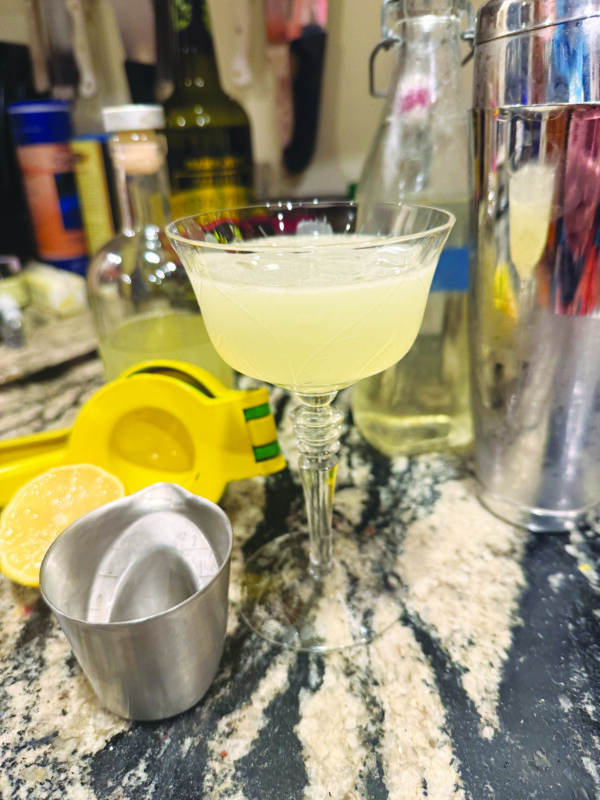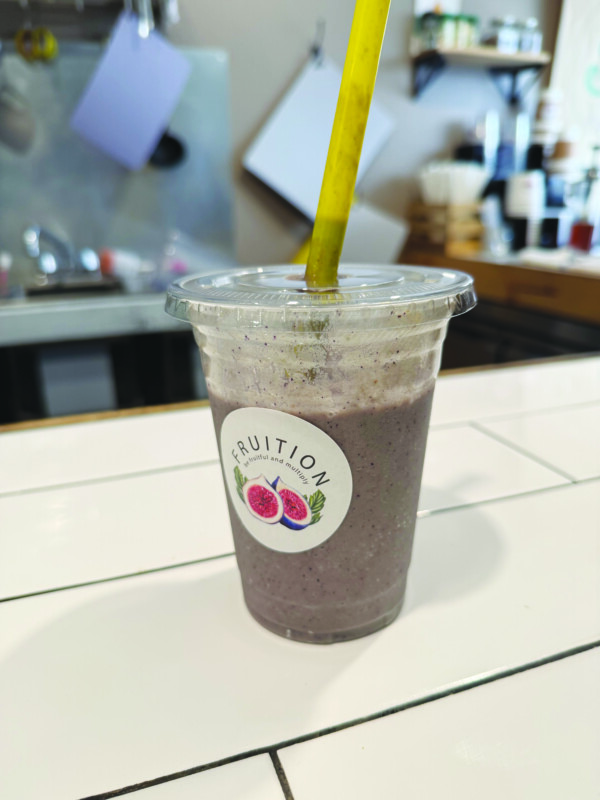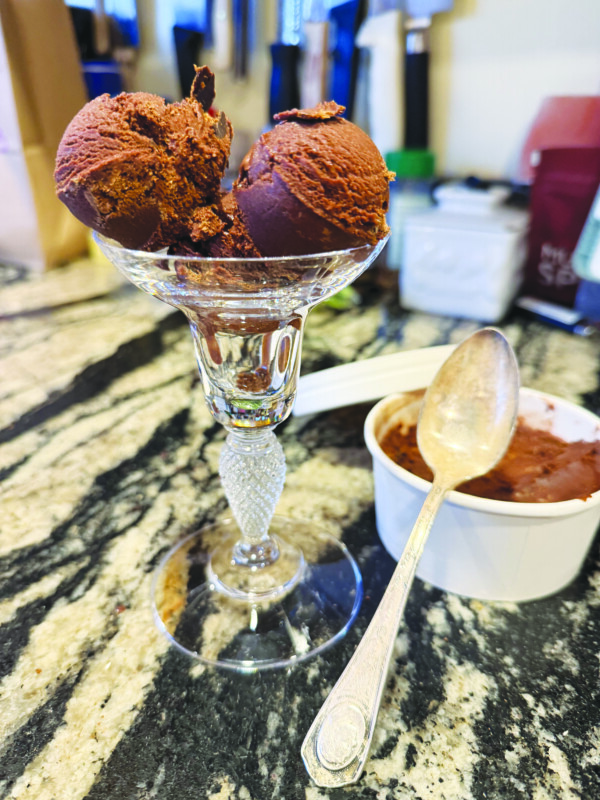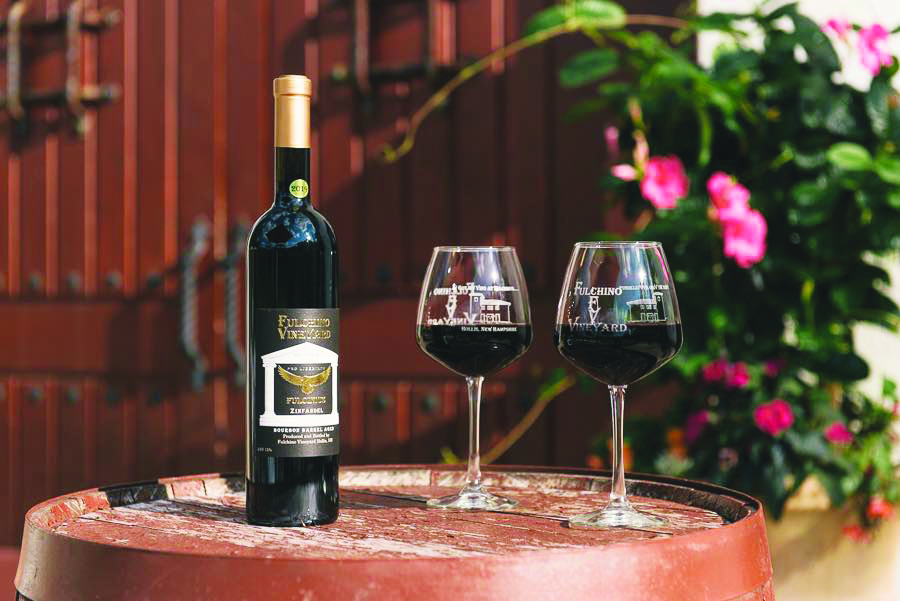It’s easy to be overwhelmed sometimes, weighed down with dread, but spring is coming.
Of course, in this part of the world that means Mud Season, but there is a smell in the air, carrying the slightest hint of hope. What we need — OK, I’m projecting. What I need is a cocktail infused with hope, or in this case, peas.
Peas de Resistance
- 2 ounces pea-infused gin (see below)
- 1 ounces fresh squeezed lemon juice
- ¾ ounce simple syrup
This is a simple riff on a gin sour; the only difference is the addition of the peas — an important distinction, as it turns out.
Combine all ingredients over ice in a cocktail shaker, shake thoroughly, and strain into a coupé or Nick and Nora glass. Drink blisteringly cold, with a sigh of relief.
On first sip, the taste that hits you is the peas. That doesn’t sound very enticing, but the natural sweetness of the pea pods plays well with the lemon juice. This is a mouth-watering cocktail, and one sip invites another, until you realize that you should have made two. Which might prompt a quick phone call to a friend and an impromptu cocktail hour on your front steps.
Pea-Infused Gin
A quick science lesson: Surface Area-to-Mass Ratio
This is a jargony way of saying that the more surface area a substance has, the more room it has to interact with chemicals — alcohol, acid, water, oxygen or, in cooking, even smoke.
Imagine an object — let’s say a cucumber. Think of the surface area it presents to the world, modestly wrapped in a dark green wrapper. Now, imagine cutting it in half, lengthwise. Suddenly, there are two large surfaces exposed to the World. All the original surface is still there, plus these two new ones, which probably doubles the amount of exposed surface area.
Now chop those in half, crosswise. You’ve exposed four new surfaces. They aren’t as large as you got with the first set of cuts, but there’s four of them. Now chop up the cucumber. Each time you cut it you increase the amount of surface exposed to — er — the Universe or something.
Which brings us to the pea-infused gin.
Pour a couple of cups of dry gin — I like Gordon’s for this — into your blender. Add a couple handfuls of sugar snap peas, shell and all, into the gin. Blend them for 30 seconds or so. Your blender (mine is named Steve) will chop them into smaller, then almost microscopic, pieces, greatly increasing their surface area.
Turn off the blender and walk away for an hour or two to let the gin and the peas get to know each other. The alcohol in the gin will strip away a lot of the color and much of the flavor of the peas. If you’re distracted by something actually important — your family, a Bob Hope/Bing Crosby marathon on TCM, whatever — you can leave the blender jar sitting on your counter for an almost indefinite amount of time. Remember: This pea sludge is at least half alcohol.
When you’ve got a bit of time, strain it. I like to strain it twice — once with a mesh strainer and then again through a coffee filter, which will take longer. Don’t stand around watching it; it will drive you crazy. Walk away and do something else for a while. Maybe go for a walk, recognizing that this might attract some sort of alcoholic Goldilocks.
When you’re satisfied, bottle it and set it aside until you’re ready to use it.
Featured Photo: Peas de Resistance. Photo by John Fladd.






